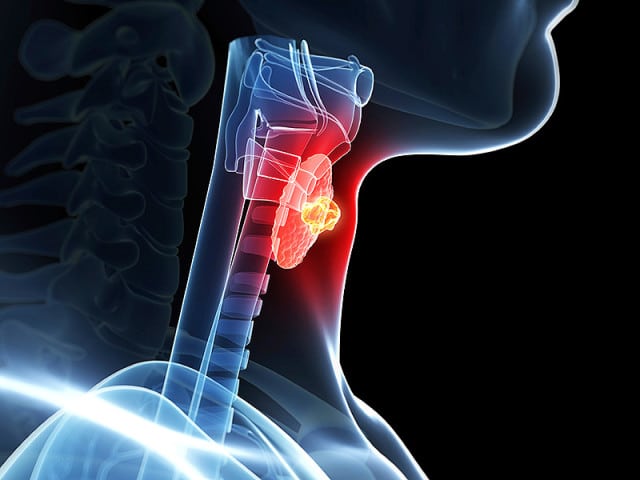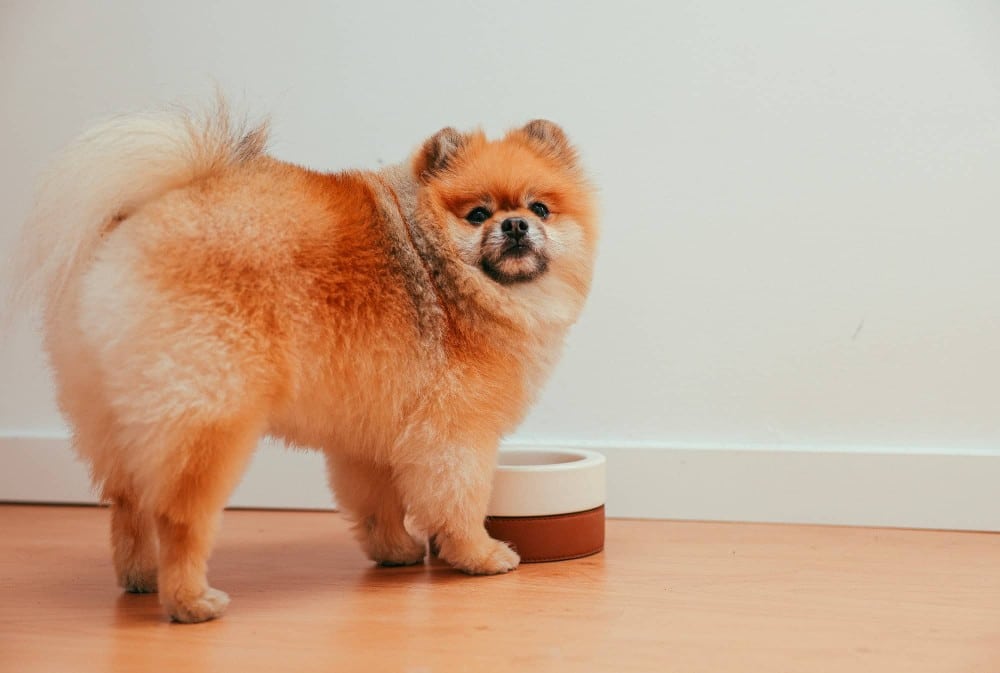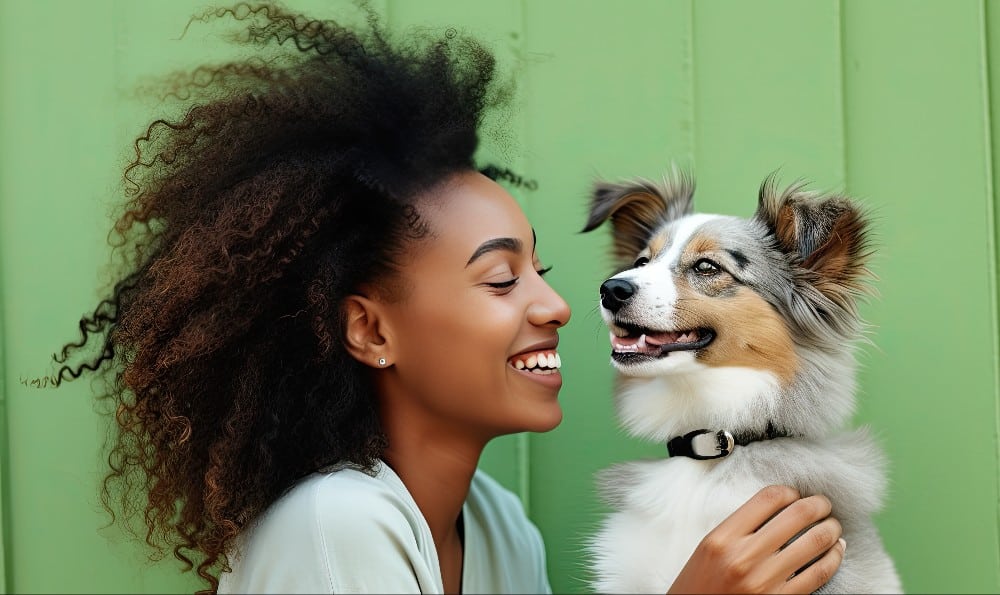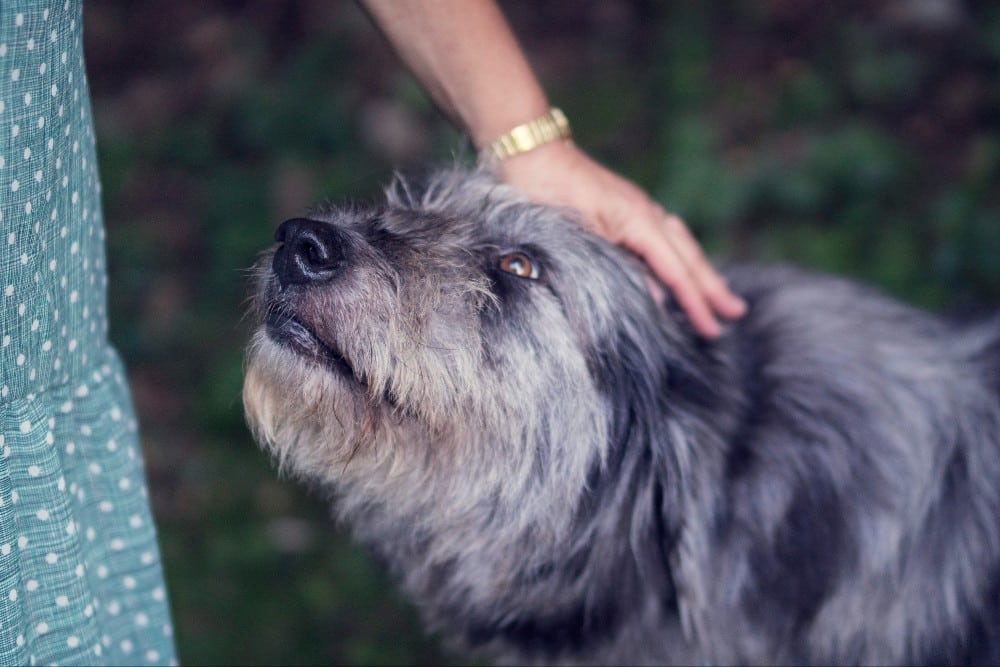Besides being amazing companions, dogs are pretty remarkable creatures. They know when we are stressed, can detect pregnancy and are even able to hunt down rare gorillas, to just name a few of their capabilities. And while it has also been known they can also sniff out certain cancers, a new study demonstrates that pooches may be able to determine if people have thyroid cancer, a rather tricky disease to uncover.
“Detecting and diagnosing thyroid cancer can be difficult, because it’s often looking for a very small number of occurrences in a very large background of benign nodules. It is also difficult to say with certainty that a patient is cancer-free after surgery,” Donald Bodenner, M.D., Ph.D., a professor of geriatrics at UAMS and director of the Thyroid Center and chief of endocrine oncology, said in a statement. Hopefully, with the help of dogs, this process can become easier.
Related: Dogs Way of Seeing is Actually 60 Million Times Better Than Ours
Led by Arny Ferrando and Andrew Hinson, a team of researchers from University of Medical Science trained dogs to detect thyroid cancer by providing them with a sample of “papillary thyroid carcinoma biopsies,” the most common type of thyroid cancer. The crew then presented the dogs with urine samples from patients: one group of people had thyroid cancer and the other group did not.
The dogs were able to successfully tell the difference between cancerous and non-cancerous samples 88.2 percent of the time, or 30 out of 34 cases. This technique is among the most accurate thus far.
“We’ve all looked at it from a skeptical, scientific standpoint, but the data just keeps leading us to the fact that this has remarkable clinical potential,” Ferrando said in a statement.
Besides precision, having dogs sniff out cancer would be a cost-effective strategy and prevent unneeded surgeries.
The dogs used in the sample were stray dogs but in the future, Auburn University’s Canine Performance Sciences program in the College of Veterinary Medicine will look to train dogs that are bred for scent detection.
The findings were presented last week at the Endocrine Society conference in San Diego.
Related: Dogs Know Who Not to Trust



















